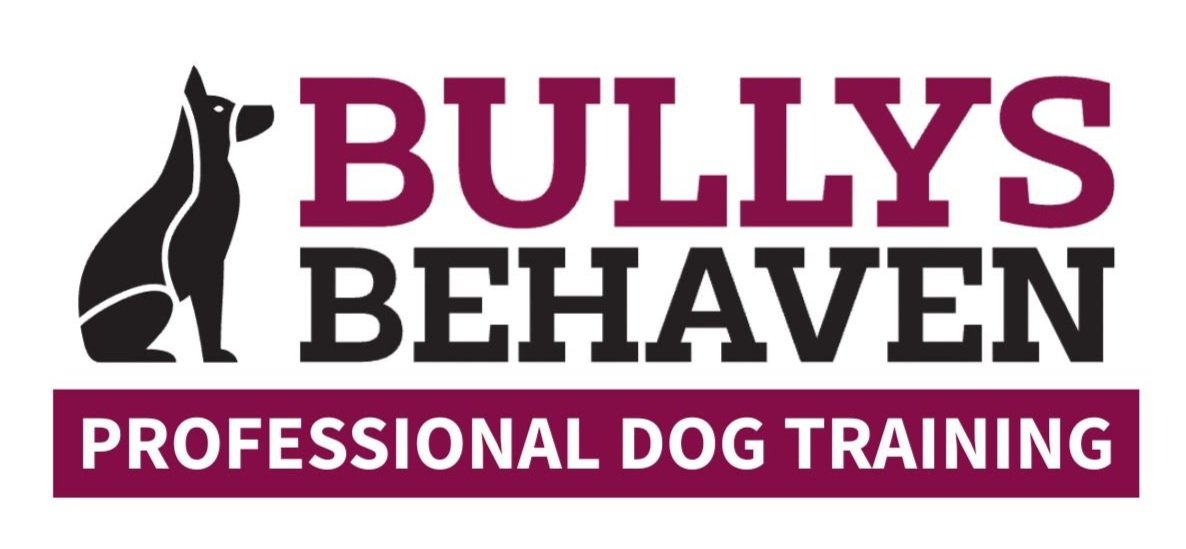Types of Dog Aggression
Aggressive dogs present complex issues, and each type requires a different approach. Here are some common types of aggression:
Fear Aggression: Fearful dogs often experience the "fight or flight" response. When escape isn’t possible, they may become aggressive to protect themselves. These dogs live under constant stress and anxiety, making them unpredictable and sometimes dangerous.
Social Aggression: Dogs in packs follow a hierarchy to minimize conflict. Lower-ranking dogs typically yield to those above them, especially when it comes to food, rest, or mating opportunities. Social aggression occurs when this order is challenged, leading to conflict within the group.
Dominance Aggression: These dogs try to assert control over people or other dogs. They exhibit "top dog syndrome," often trying to dominate situations or resources, like food or toys. Dominance aggression can lead to frequent challenges within multi-dog households.
Protective Aggression: Dogs naturally protect their families when they sense a threat. Protective aggression can be directed toward other dogs or people they perceive as vulnerable, such as puppies or sick family members. It’s important to manage this behavior to avoid unnecessary confrontations.
Possessive Aggression: This behavior occurs when a dog guards their possessions, such as food, toys, or space. It can be triggered by fear or dominance and may lead to growling or biting if the item is threatened. Recognizing and addressing this aggression early is key to preventing escalation.
Territorial Aggression: Dogs are territorial by nature and may become aggressive when someone enters their perceived "space." This aggression is often directed at people or animals that cross boundaries. It typically happens at home or near places the dog considers their territory.
Defensive Aggression: Similar to fear aggression, defensive aggression is motivated by fear, but these dogs choose to fight rather than flee. When a dog feels cornered or threatened, they may attack in defense. This can result in aggressive outbursts toward other dogs or people who approach too closely.
Predator Aggression: Dogs retain some ancestral instincts to chase fast-moving objects. This can lead to chasing runners, cyclists, or even wildlife. While rare in pet dogs, predatory aggression can be dangerous if not addressed, especially around smaller animals or children.
Frustration Aggression: Like children, dogs may lash out when they can’t access something they want. If a dog is restrained or blocked from something exciting, they may redirect their frustration into aggression. This behavior is common in dogs on leashes or behind gates.
Pain-Driven Aggression: A dog in pain may become aggressive as a defensive response. Even friendly dogs can bite when injured or sick, often without warning. Handling an injured dog requires extra caution to avoid being bitten unintentionally.
To learn more about how we can help you and your dog, fill out our contact form and we’ll get back to you shortly.

